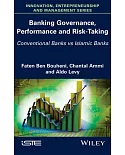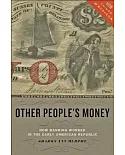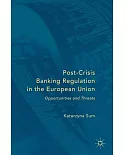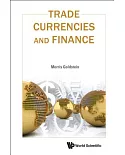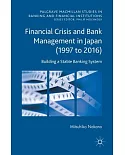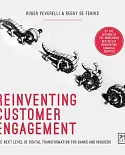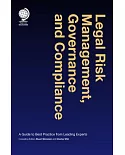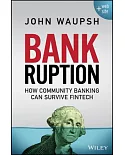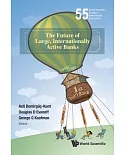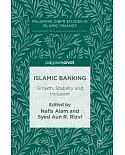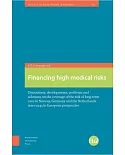Every day we hear stories about the consequences of human frailties for individuals, their families and friends, and their organizations. Some of these stories are about alcohol and drug
addiction and other harmful lifestyle choices, but human frailty also leads to all kinds of unethical and illegal behaviour. Individuals are convicted of bribery and corruption, price fixing,
theft and fraud, sexual harassment and abuse of authority. Politicians fiddle their expenses, sports people cheat and fix matches and school and university students and teachers cheat to
enhance exam results. Studies have shown that business students cheat more than others and efforts to teach ethical behaviour in business schools make little difference. The media who bring us
stories of others’ frailties themselves engage in unethical and illegal conduct in pursuit of an edge over their rivals. The contributions to this latest addition to Gower’s Psychological and
Behavioural Aspects of Risk Series place the spotlight on individuals, their behavioural choices and the consequences that follow for theirs and others’ lives and careers. The conclusion is
that people do have choices and options and that, whilst there are no easy or quick fixes in addressing self-limiting behaviours, successful avoidance of the worst outcomes can been achieved.
This book provides guidance on the practical steps that need to be taken in order to gain a sense of proportion of what is important and of how we are doing, if we are to address our frailties
and stop making unethical choices.




